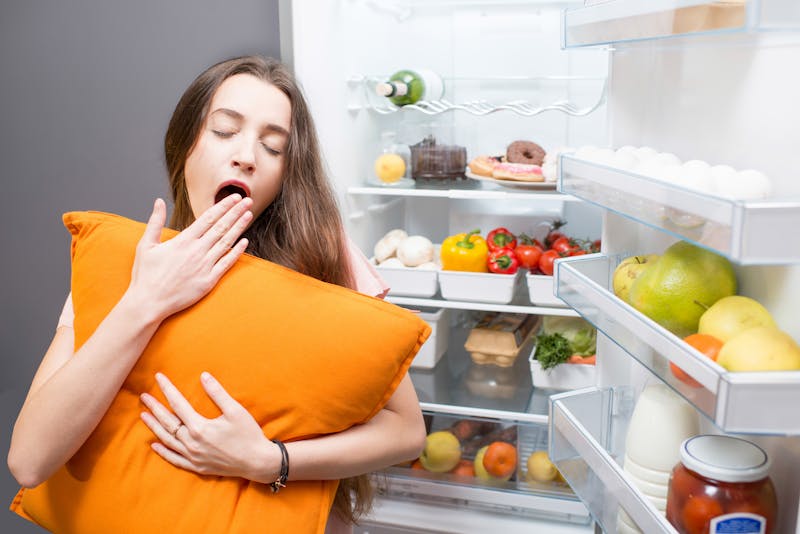
The Connection Between Food and Rest
Sleep is essential for overall health and well-being, but many people struggle to get a good night's rest. While many factors contribute to sleep quality—such as stress levels, physical activity, and environment—what we eat can play a significant role in determining how well we sleep. The connection between food and sleep is rooted in how different nutrients and chemicals interact with our body’s sleep-regulating systems.
Your body operates on an internal clock, known as the circadian rhythm, which is influenced by environmental cues such as light and darkness and what you consume. Certain foods can trigger the release of sleep-inducing hormones, while others can disrupt the delicate balance your body needs to achieve restorative sleep. The timing, composition, and types of food you eat can all impact your ability to fall asleep, stay asleep, and wake up feeling rested.
In this article, we’ll explore how specific foods and beverages impact your sleep patterns, offering insights into how dietary choices can either enhance or hinder the quality of your rest.
Specific Types of Food That Negatively Affect Your Sleep
- Caffeine and Stimulants:
One of the most obvious dietary factors that can disrupt sleep is caffeine. Found in coffee, tea, chocolate, and some sodas, caffeine is a stimulant that can keep you awake for hours after consumption. The half-life of caffeine can vary, but it’s generally recommended to avoid it for at least 6 hours before bedtime. - Heavy Meals and Fatty Foods:
Eating large, rich meals—especially those high in fat—right before bed can lead to discomfort, indigestion, or acid reflux, which can disturb sleep. The body works harder to digest these foods, which may interfere with the body’s natural ability to relax. - Spicy Foods:
Similarly, spicy foods can cause indigestion or heartburn, making it harder to fall asleep. Spices like chili peppers increase stomach acid, which could cause discomfort when lying down. - Alcohol:
While alcohol might make you feel drowsy initially, it disrupts the sleep cycle by affecting the REM (rapid eye movement) sleep phase, which is essential for restorative sleep. So, although it may help you fall asleep faster, it can reduce the quality of sleep you get.
Foods That Positively Affect Your Sleep
On the flip side, certain foods are known to promote better sleep. These include:
- Tryptophan-rich foods like turkey, nuts, and seeds. Tryptophan is an amino acid that helps produce serotonin, a hormone that regulates sleep.
- Magnesium-rich foods include leafy greens, bananas, and almonds. Magnesium helps the body relax and supports better sleep.
- Complex carbohydrates, such as whole grains, can also help produce serotonin, making it easier to drift off to sleep.
Timing Matters of Food Ingestion Matters
The foods you eat can profoundly impact your sleep. While certain foods and drinks, such as caffeine and alcohol, may disrupt your rest, others can promote relaxation and improve sleep quality. Paying attention to the timing of your meals and choosing the right foods can help you fall asleep faster, stay asleep longer, and feel refreshed. With the right approach, food can become a helpful ally in your quest for better sleep.
Making mindful dietary choices isn’t a quick fix for sleep issues, but it can certainly contribute to better, more restful nights over time. If you're struggling with sleep, consider booking a consultation with one of our ENT specialists to help improve your night rest and function at your full ability
